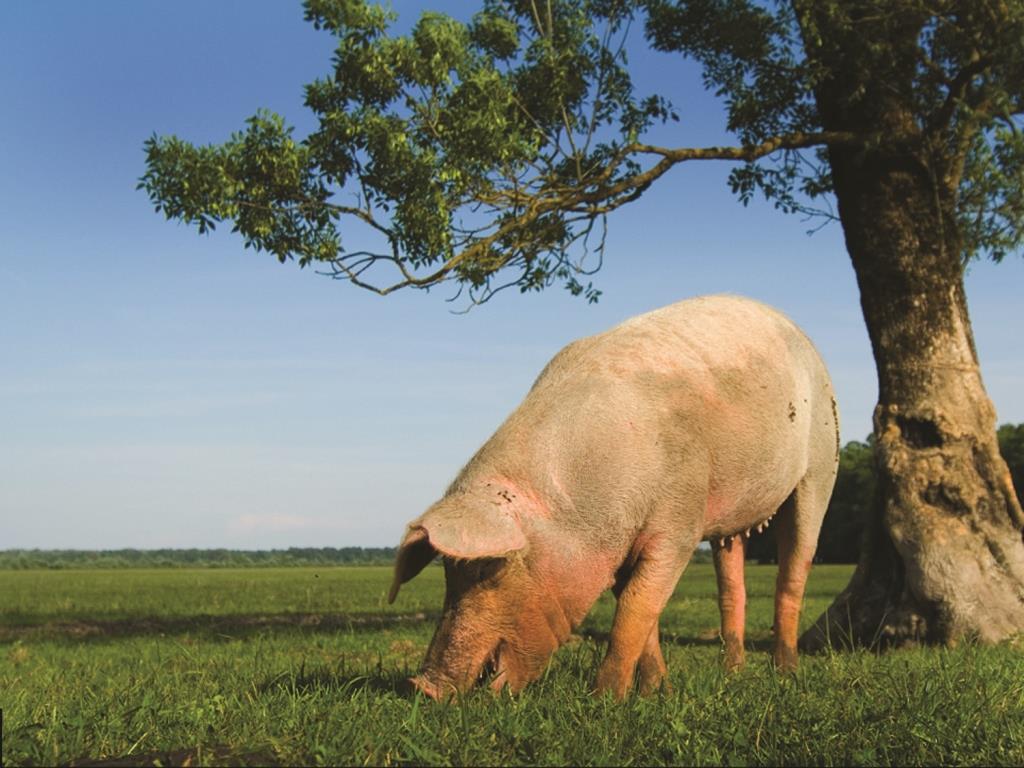Pig industry raises Brexit labour concerns
The National Pig Association (NPA) has warned that the UK pig industry faces a labour crisis unless the Government takes steps to preserve access to EU workers in a post-Brexit future.
Publishing the results of a survey of members from across the sector, NPA revealed that two-thirds of businesses employing EU labour said it had become “more difficult to find EU labour since the vote, while nearly one in three have already seen workers leave”.
The survey, hosted on the NPA’s website, received 138 responses from producers of all sizes and systems, pork processors and members of the allied industries.
Its key findings demonstrated that just over half of respondents employed at least one non-UK worker, with 24% hiring more than a quarter of their labour from overseas.
In addition, around 90% businesses using non-UK labour employed them on a permanent basis, with 94% of non-UK workers coming from the EU.

The survey found that 29% of businesses employing EU labour said at least one EU worker had left since the Brexit vote due to changing circumstances (e.g., exchange rate and concern over immigration policy).
What’s more, 64% of those employing EU labour said it had become harder to find EU labour since the vote, while none of them said it had got easier.
Finally, nearly half of those employing EU labour said EU workers they employed were considering leaving the UK due to uncertainty over Brexit.
Regarding the future, 63% of all respondents said they were less confident in their ability to source enough labour to meet their requirements than before the Brexit vote, including 40% who stated they were ‘much less’ so; 1.5% said they were more confident.
Nearly half of respondents, or 46%, said it would be ‘very difficult’ or ‘impossible’ to source all their labour from the UK in future, while 11% said it would be ‘very easy’, and 42% said it would be ‘possible but not straightforward’.
A 17% of businesses asked said they “would not survive without migrant labour, while 28% would have to alter how they operate”.
Proposals to the Government
Responding to the Migration Advisory Committee’s (MAC) call for evidence to inform the Government’s post-Brexit immigration and labour policy, the NPA’s key message was that the Government “must take steps to ensure that so-called ‘low-skilled’ permanent EU workers remain accessible to the sector”.
NPA added that EU workers have provided “a welcome solution to the historic difficulty of attracting domestic labour for the UK pig sector”.

NPA chief executive, Zoe Davies.
Commenting on ‘low-skilled’ workers, NPA’s chief executive Zoe Davies, said: “They are anything but ‘low-skilled’. Animal husbandry clearly requires a high degree of technical skill but many roles do not require graduate level training.”
She added that the Government has “made it clear it wants to restrict permanent so-called low-skilled workers after we leave the EU” and clarified that “NPA is making the argument in the strongest possible terms ‘lower skilled’ workers employed in the pig sector should be included on the ‘shortage occupation’ list and prioritised after we leave the EU”.
“We are already seeing the effects of Brexit on our ability to secure EU workers and our survey highlights the scale of the crisis this sector faces if we get our immigration policy wrong,” Davies noted.
“Without the workers, we simply can’t produce and process the fabulous British pork enjoyed by millions of consumers. Exporting pork production is in nobody’s interest.”

 UK Sausage Week: Nation’s perfect sausage sandwich revealed
UK Sausage Week: Nation’s perfect sausage sandwich revealed Butchers across Norfolk use UK Sausage Week to fundraise for Marie Curie
Butchers across Norfolk use UK Sausage Week to fundraise for Marie Curie
